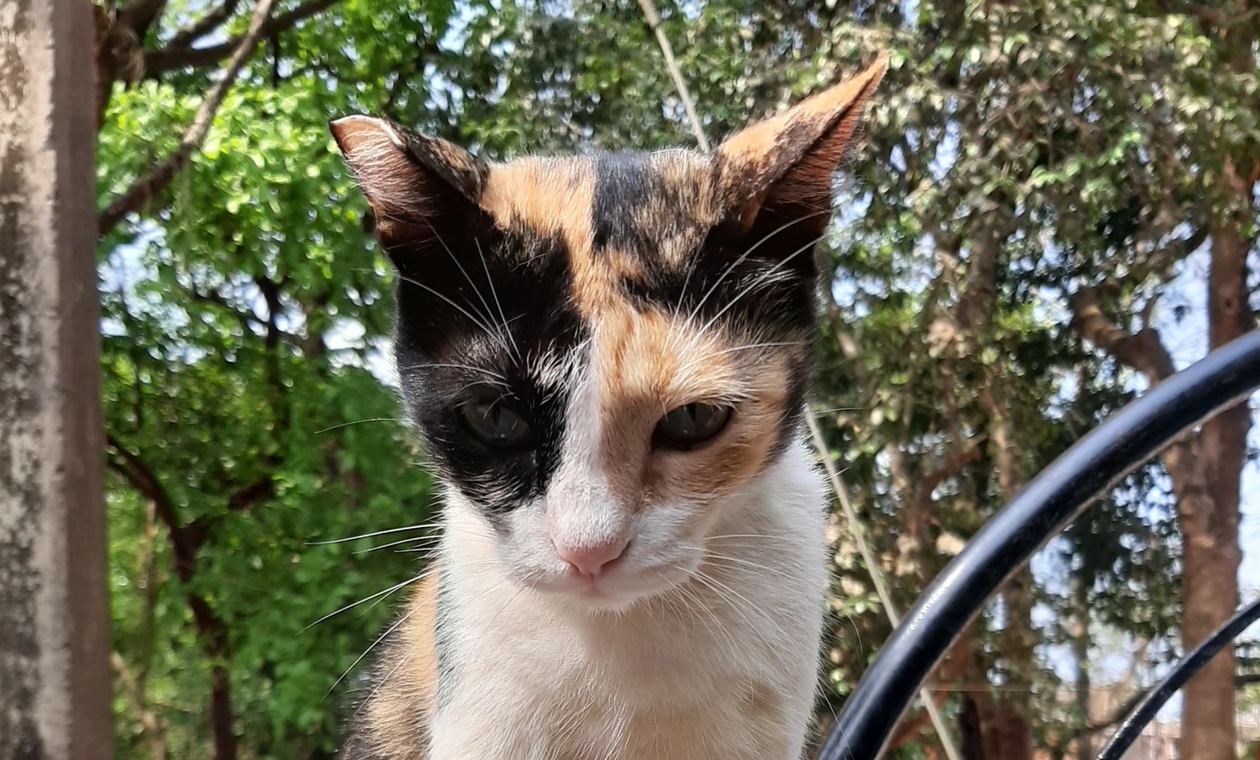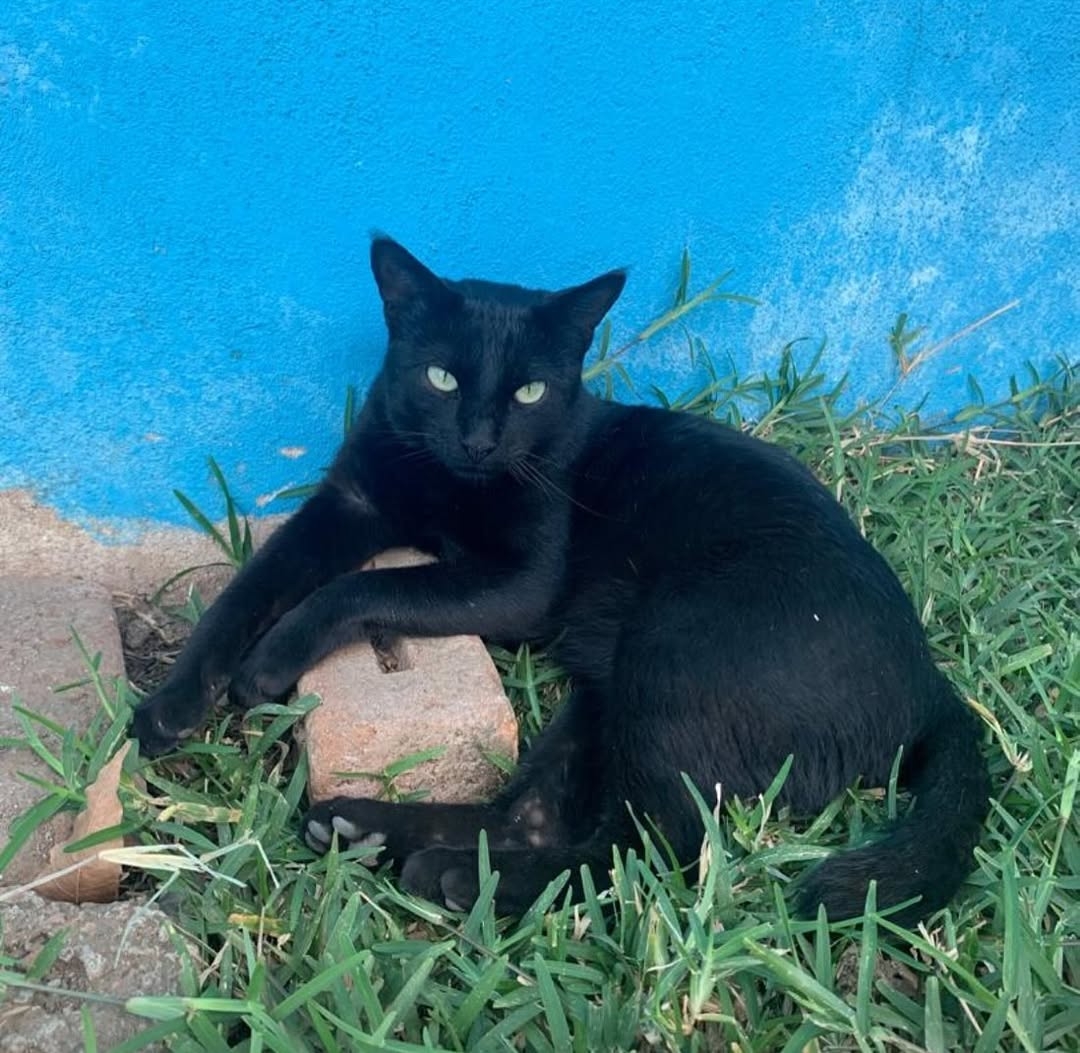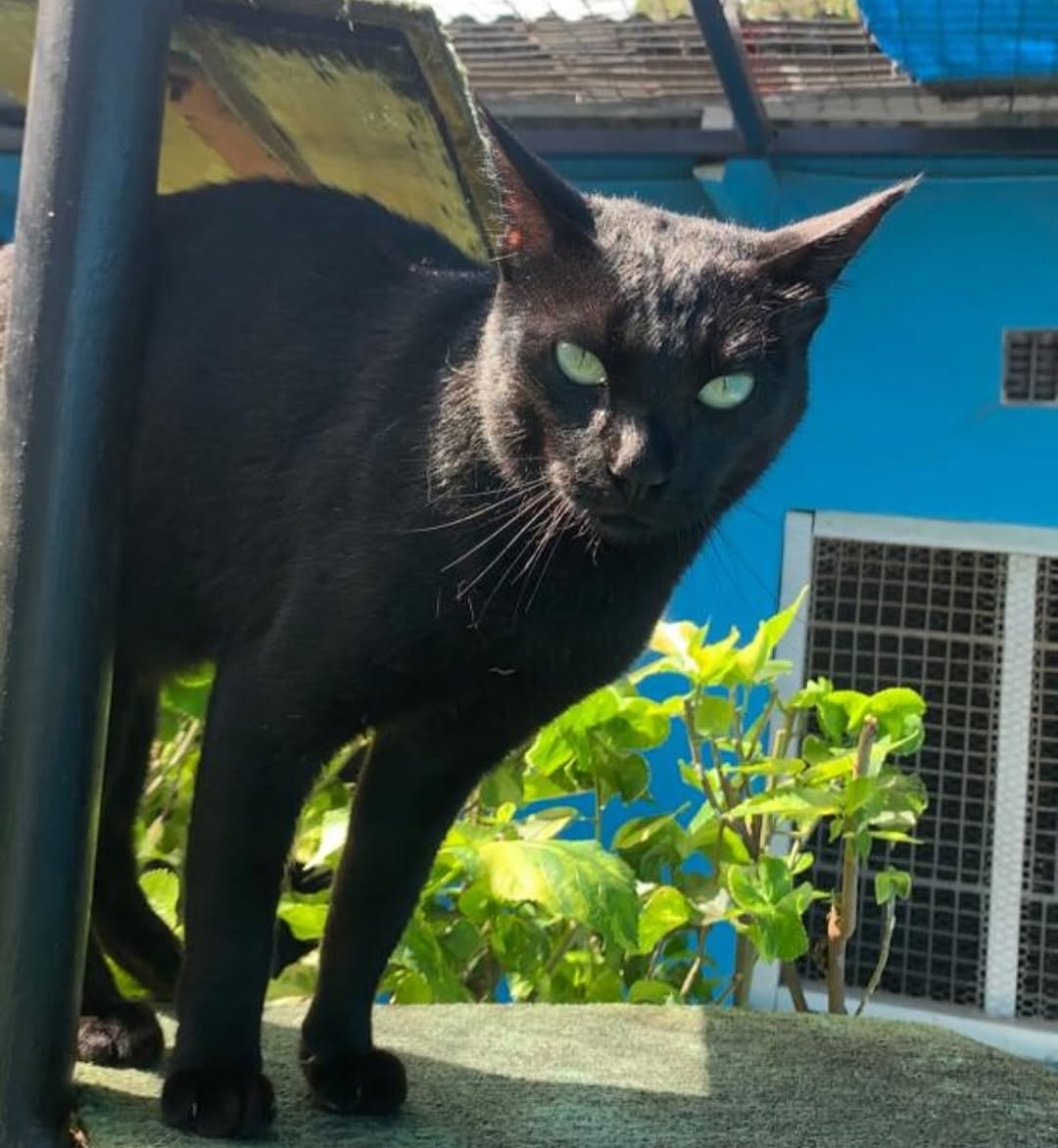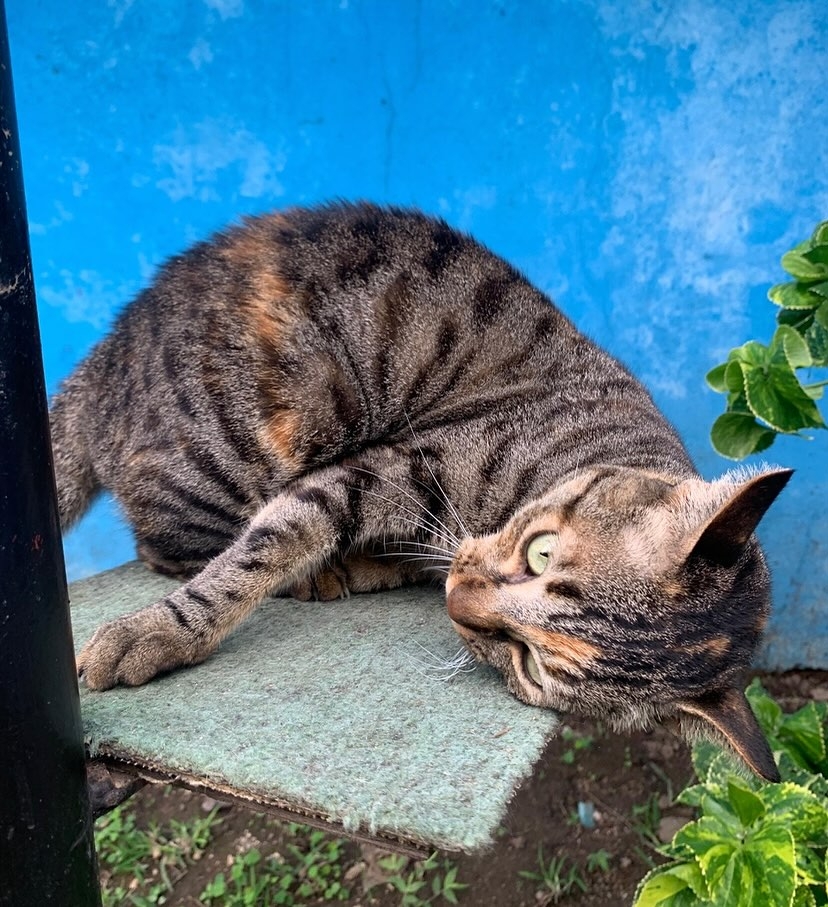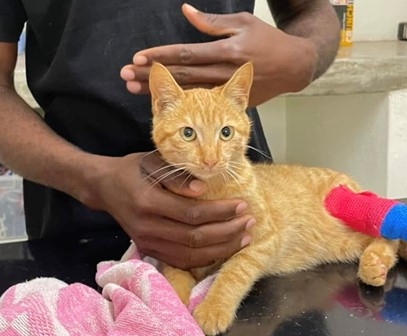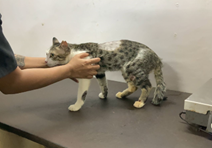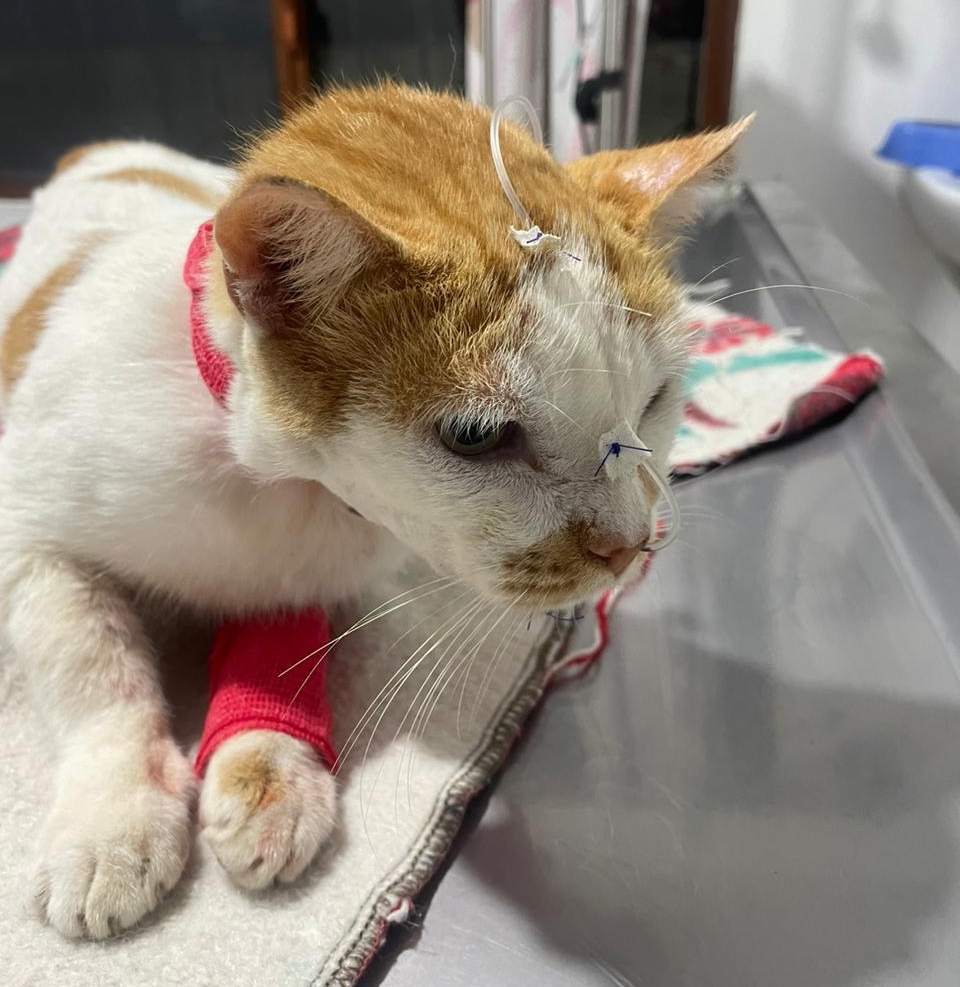Cats in Crisis: How WVS is Coming to the Rescue
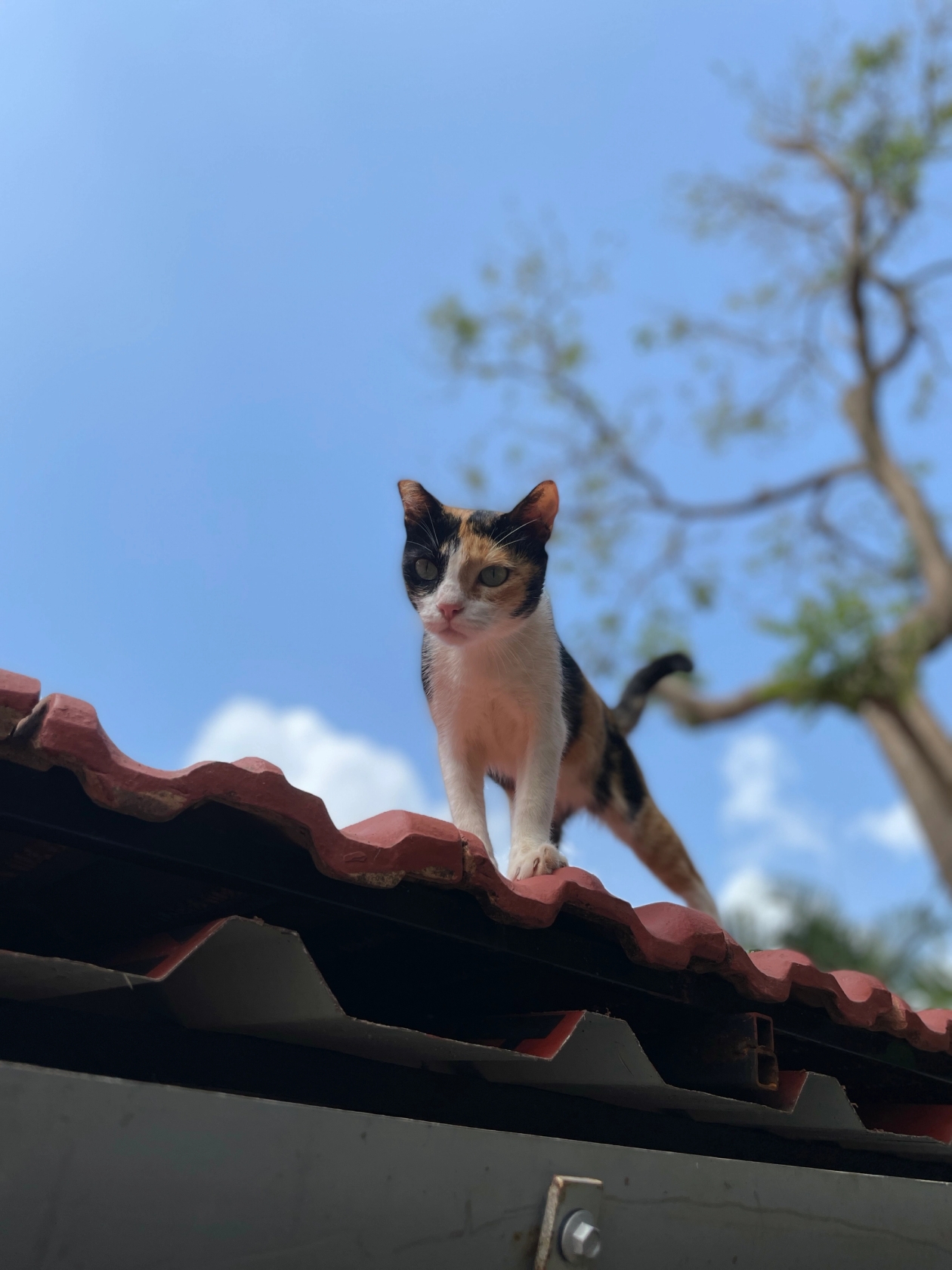
Hey, Young Vets! Cali here, your favourite feline guest blogger. Some of you may already know me because you’ve sponsored me, but today, I’m here to tell you about how your Young Vets Club membership helps cats like me across the world!
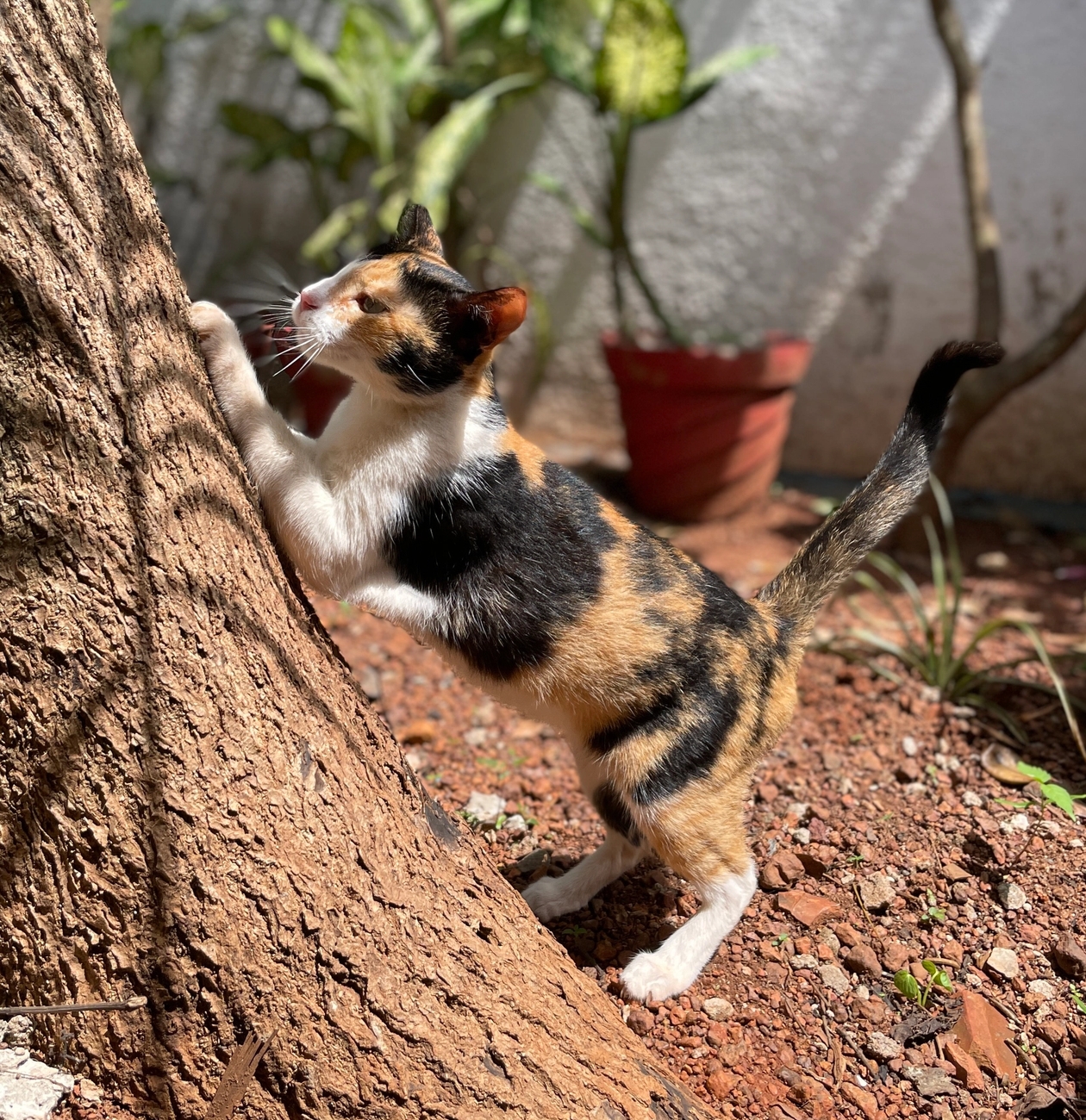
From the busy streets of India, to the beauty of the Galapagos Islands, WVS is on a mission to rescue, treat, and protect cats in need. Let’s check out some incredible stories of cats whose lives have been changed by WVS.
Meet the Malawi Shelter Cats
In Malawi, WVS has a team at a local shelter that helps to give cats, and other animals, a second chance. Today we’re putting a spotlight on three of its special residents:
Jimmy – A handsome black cat who came to the shelter as a stray, and within just a few weeks was trusting his carers and demanding fuss and attention.
Zeze – This black cat is a big boy, with a big heart! His carers describe him as a little shy at first, but once he gets to know you he is very playful and loves receiving chin scratches!
Jete - This pretty tabby girl is as sweet as she looks and is always ready to make a new friend!
These three were found roaming the Majete Wildlife Reserve, which is a big, protected park in Malawi home to wild animals like elephants, rhinos, and lions. Feral cats can cause problems here if they aren’t given proper care.
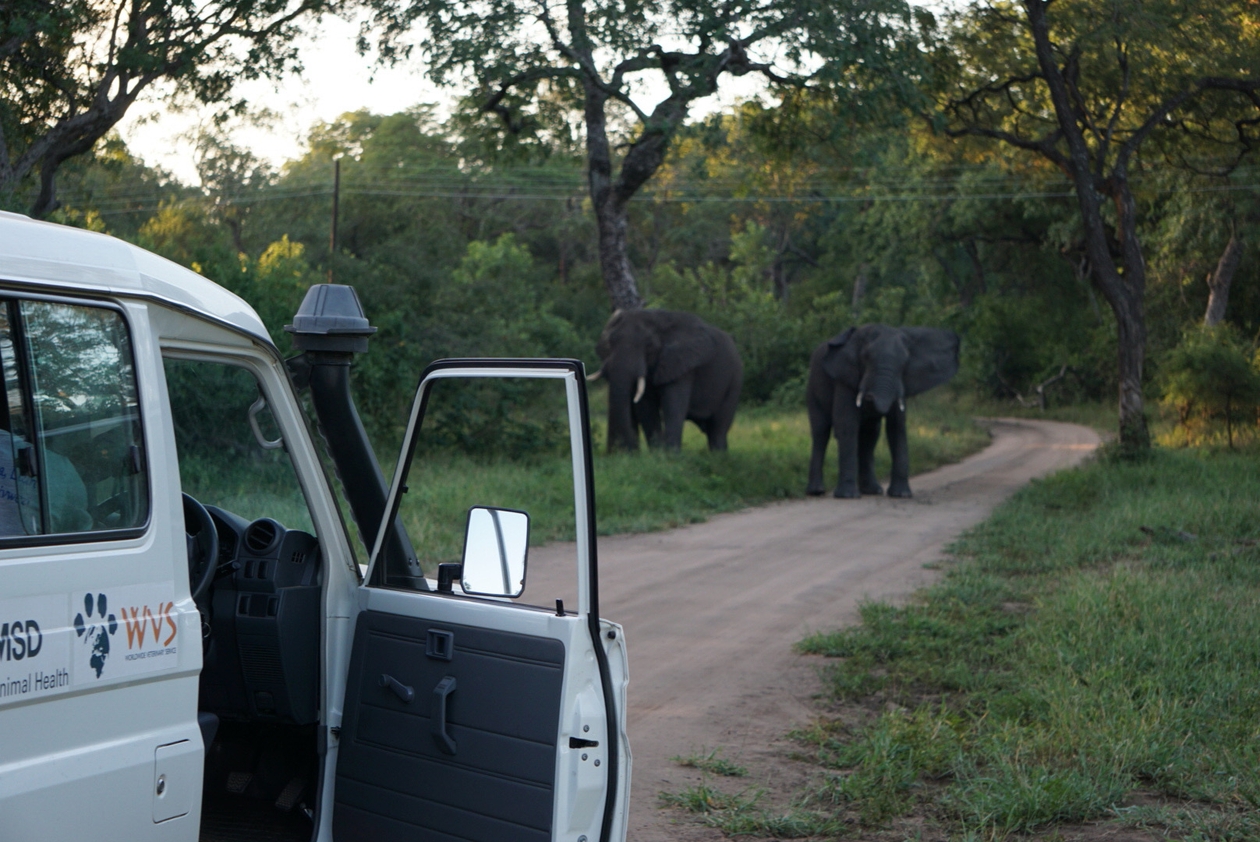
Why is treating feral cats important?
Feral cats – those born in the wild or living without human care – often struggle to survive. Without vaccinations, they can spread diseases like rabies and feline leukemia, to other cats, pets, and even endangered wildlife. If they aren’t neutered, they can have too many kittens, which means too many cats, not enough food, and more fighting to survive!
This is why WVS steps in. We make sure cats like Zeze, Jimmy, and Jete are:
- Vaccinated to stop the spread of disease.
- Neutered so they don’t add to overpopulation.
- Given food and medical care to help them live healthier, happier lives.
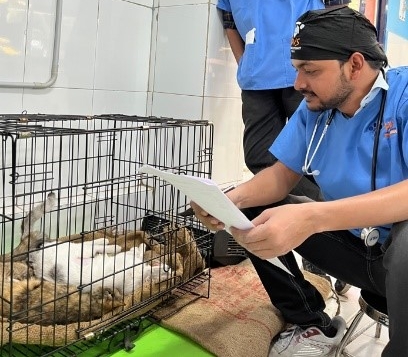
Wondering what happens after they’ve been treated? Some feral cats are returned to safe outdoor areas where they can thrive. Others, like Zeze, Jimmy, and Jete, learn to trust people and get the chance to find loving homes!
Amazing Cat Rescues
Candy’s Comeback (India)
Candy arrived at the WVS clinic unable to walk. The shocking reason? A tiny air gun pellet was stuck in her spine. WVS vets carried out a careful operation, and after plenty of therapy, Candy is learning to walk again. She is one determined cat!
Millie’s Miracle (India)
Millie had an encounter with dogs and ended up with a nasty leg wound. Luckily, she had no broken bones. With expert medical care and lots of love and fuss, she is healing well and waiting for a family to adopt her.
Snowy’s Super Surgery (Galapagos)
Snowy suffered a serious jaw injury that made eating nearly impossible. The WVS team performed two surgeries and used a feeding tube to help her recover. Now, Snowy is back to being her happy, fluffy self!
How WVS Helps Cats Around the World
WVS doesn’t just rescue cats – we train vets and send supplies to make sure animals get the best care possible. Here’s how WVS make a global impact:
- Training the Next Generation of Vets – WVS runs special training programs so vets can learn life-saving skills and perform important operations like spay and neuter surgeries. These procedures help to keep cat populations healthy and prevent stray animals from suffering.
- Sending Help Where It’s Needed Most – In 2024 alone, WVS delivered over 1,000 medical supply packages to 231 charities across 65 countries! That’s a lot of lifesaving treatments for cats in need.
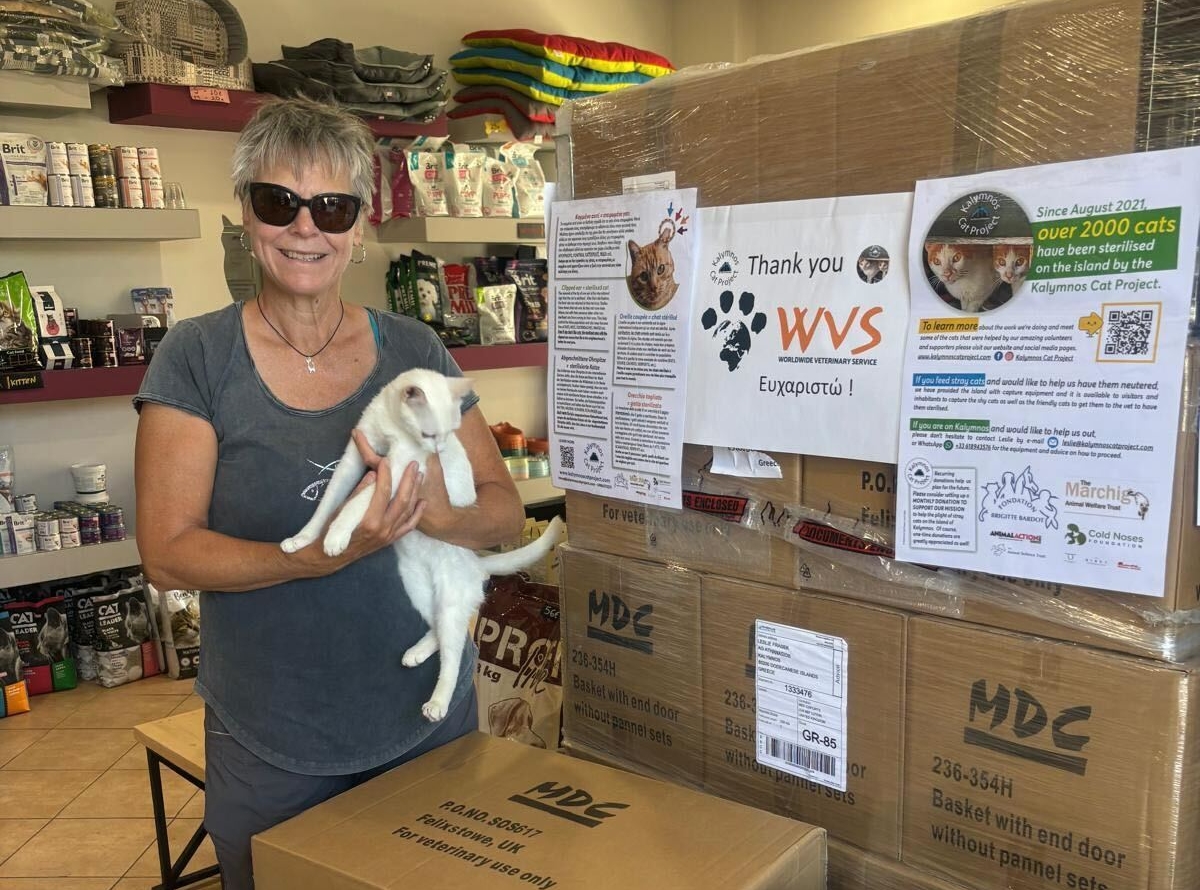
Thanks to WVS – and the support of Young Vets Club members like you – cats like Zeze, Jete, Candy, Millie, and Snowy are getting a second chance at life. Every animal deserves care, love, and a safe place to call home.
Young Vets Club Glossary:
Feral – A cat that was born in the wild or has lived without human care for so long that it behaves like a wild animal. Unlike stray cats, feral cats are usually too scared of people to be adopted as pets – unless they learn to trust humans, but it takes a lot of time and patience!
Feline Leukemia Virus (FeLV) – A sneaky virus that weakens a cat’s immune system, making it harder to fight off illnesses. It spreads through grooming, fighting and sharing food bowls with infected cats. FeLV can cause serious health problems, but vaccines help protect cats, especially those living outdoors.
Rabies – A deadly virus that spreads between animals and people, but vaccines can stop it! That’s why Mission Rabies works hard to protect as many animals as possible. In 2024, they vaccinated over 1.2 million animals around the world! That means more dogs, cats, and wild animals are safe from rabies, and so are the people who live near them.
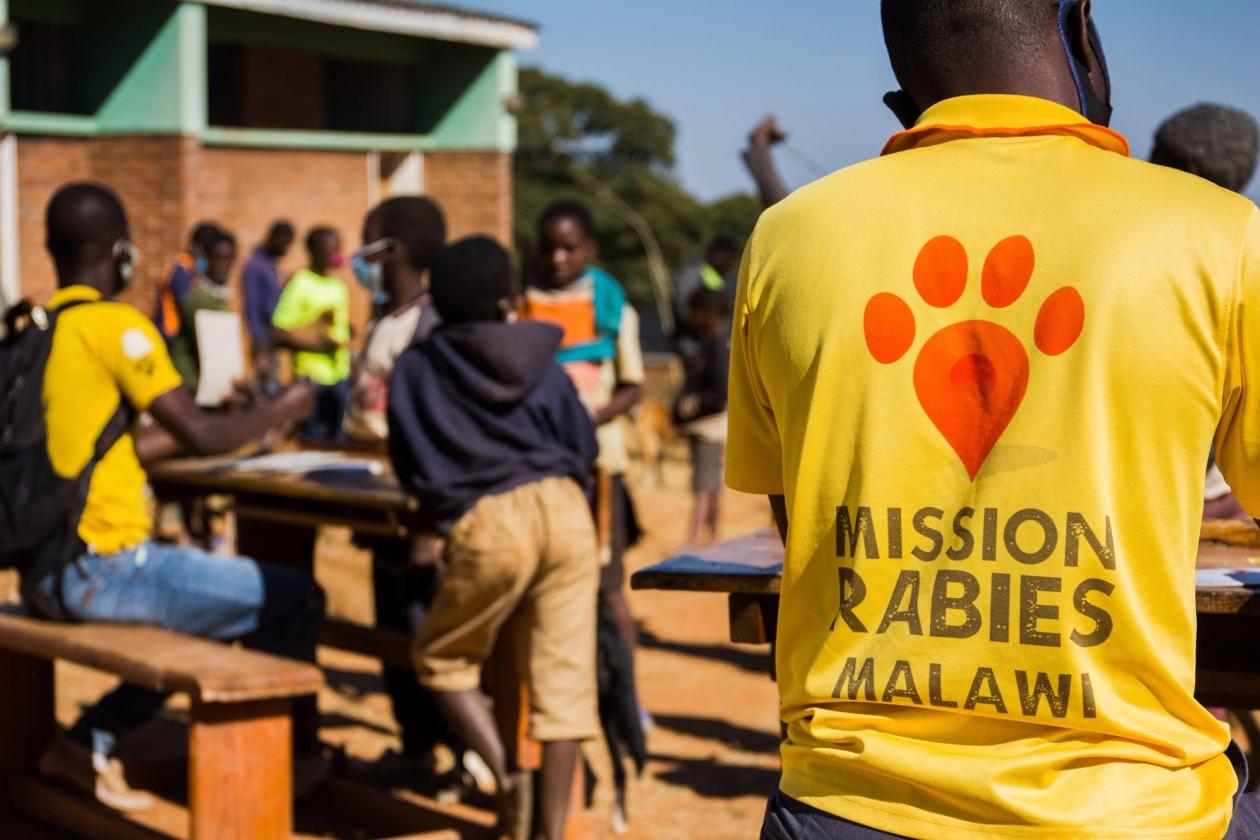
How You Can Help!
Hey there, it’s Cali again! I’m so happy that you’re learning about how WVS helps cats like me, Zeze, Jimmy, Jete, and all our friends. But we still need your help! Here’s how you can make a big difference:
- Spread the word about the importance of vaccinations and vet care.
- Fundraise to support WVS and help more animals get life-saving treatment.
- Keep learning about animal welfare so you can be a voice for pets everywhere. Being a Young Vets Club member is already helping to make a big difference!
Every little action helps keep animals happy, healthy, and safe. Together, we can change lives!
